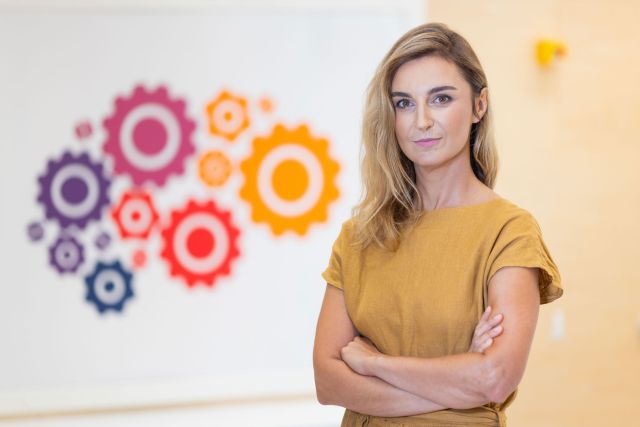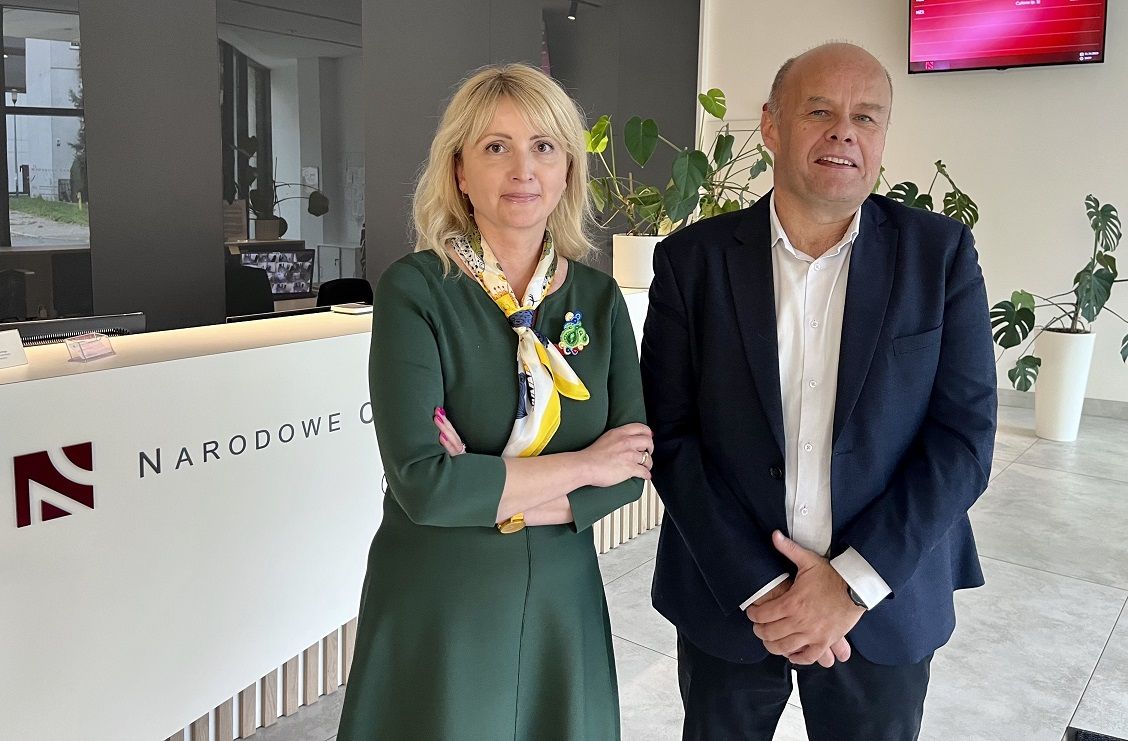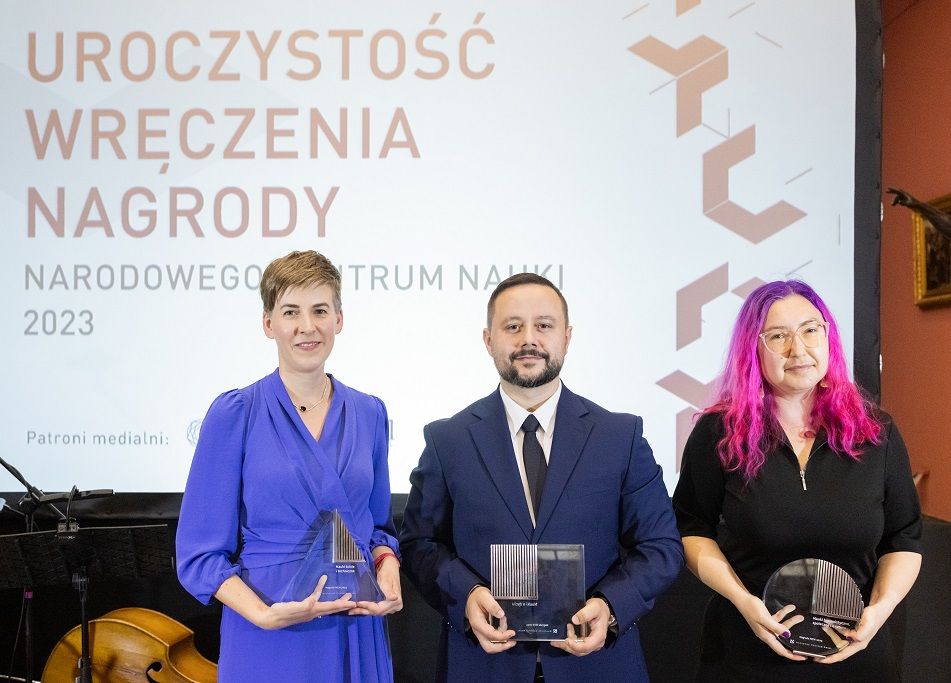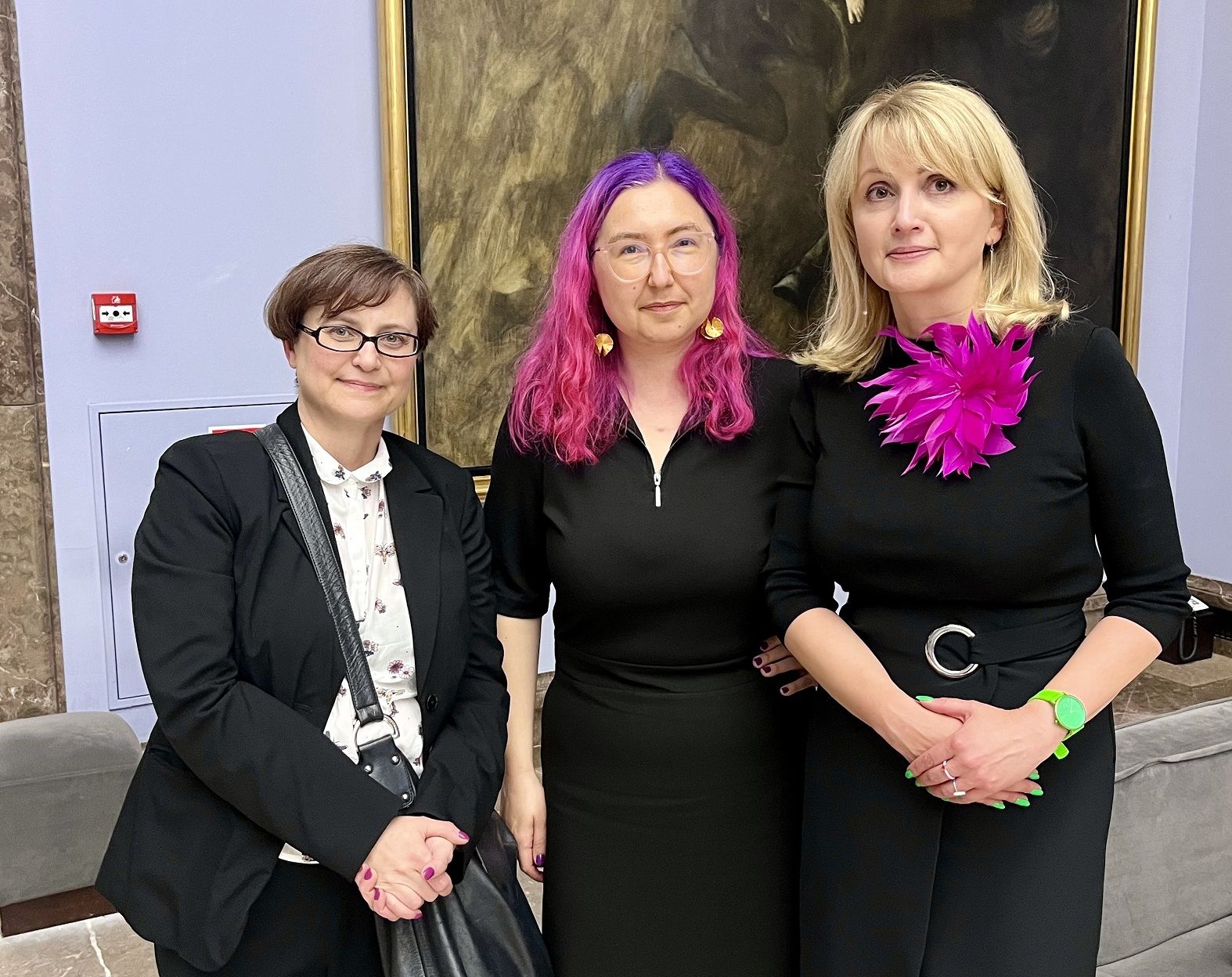Verification of the neural noise hypothesis of dyslexia
Principal Investigator
:
Prof. Dr hab. Katarzyna Jednoróg
Nencki Institute of Experimental Biology PAS
Panel: HS6
Funding scheme
: OPUS 18
announced on
16 September 2019
Everybody knows that fluent reading is very important in various areas of life. However, it is still unknown why as many as 10% of children struggle with learning to read, despite having normal or above-average intelligence. These children have developmental dyslexia, i.e., a specific reading difficulty which is present in every language and does not remit with age. Researchers are still trying to understand the neurobiological mechanisms and reasons why reading can be so challenging for some children.
The purpose of our research is to verify neural noise hypothesis according to which reading difficulties are caused by disruptions in neurotransmission. According to this hypothesis, the concentration of glutamate (the main excitatory neurotransmitter) may be elevated in dyslexic individuals, leading to increased noise and instability in information processing. This, in turn, hinders the integration of information from different senses and the distinguishing of speech sounds (phonological awareness) — both vital for reading development. Our study involves assessing reading ability, phonological awareness, multisensory integration, and employing non-invasive brain imaging methods. All this to determine whether the neuronal noise hypothesis indeed effectively explains the mechanisms of reading difficulties.
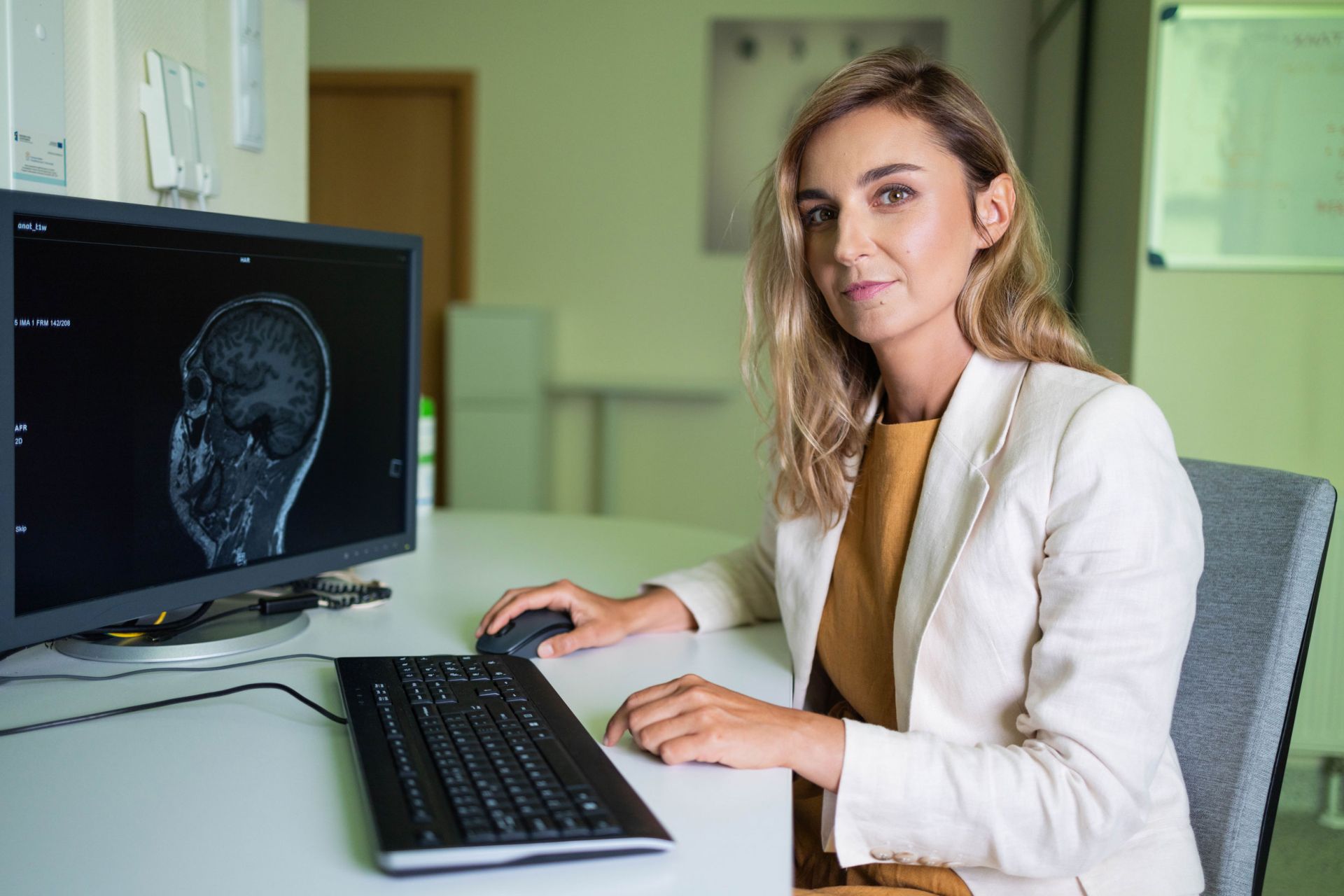 Prof. Dr hab. Katarzyna Jednoróg, photo by Michał Łepecki
Using EEG, we measured the level of neural noise in teenagers with dyslexia and those with good reading skills. Although higher neural noise is characteristic of neurodevelopmental disorders like ADHD or autism, our results show that it does not seem to be the case in dyslexia. Individuals with dyslexia, however, exhibited lower phonological awareness.
Additionally, we discovered that problems related to multisensory integration are specific for dyslexic boys. Only in boys was the multisensory integration linked to reading skills. This is probably an additional risk factor for dyslexia in boys, among whom dyslexia is more common than in girls.
Prof. Dr hab. Katarzyna Jednoróg, photo by Michał Łepecki
Using EEG, we measured the level of neural noise in teenagers with dyslexia and those with good reading skills. Although higher neural noise is characteristic of neurodevelopmental disorders like ADHD or autism, our results show that it does not seem to be the case in dyslexia. Individuals with dyslexia, however, exhibited lower phonological awareness.
Additionally, we discovered that problems related to multisensory integration are specific for dyslexic boys. Only in boys was the multisensory integration linked to reading skills. This is probably an additional risk factor for dyslexia in boys, among whom dyslexia is more common than in girls.
Once we analyse the experimental data, we will be able to describe the connections between specific neurotransmitters, neuronal noise and cognitive abilities in typical reading development and dyslexia. This will represent a significant advancement in the field of dyslexia research and an important contribution to the ongoing discussion about the actual causes of reading difficulties in children.
Project title: Verification of the neural noise hypothesis of dyslexia
Prof. Dr hab. Katarzyna Jednoróg
MA in psychology at the Jagiellonian University. PhD in neurobiology at the Nencki Institute, Polish Academy of Sciences. Post-doctoral fellowship in France, in cooperation with Franck Ramus (École Normale Supérieure). Cooperated with Kenneth Pugh (Haskins Laboratories, USA) under the mentoring programme of the Foundation for Polish Science. For the last five years, Head of the Laboratory of Language Neurobiology at the Nencki Institute, Polish Academy of Sciences.
